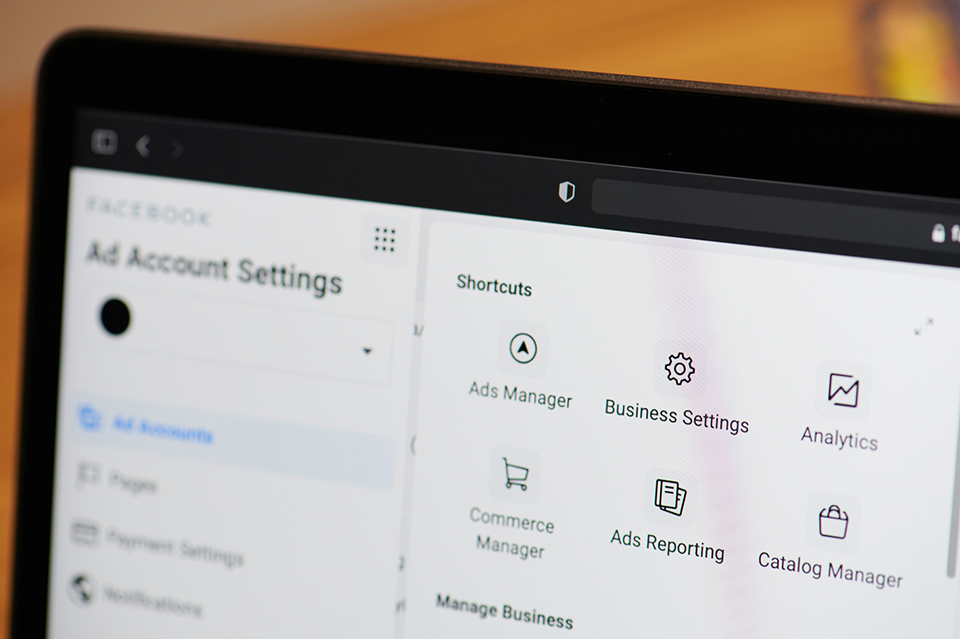In the dynamic world of digital marketing, Facebook Ads have emerged as a powerful way for businesses of all sizes to reach their target audience, boost brand awareness, and drive conversions. However, one of the most common questions asked by businesses venturing into this domain is, “How much do Facebook Ads actually cost?”
The answer, while seemingly simple, unravels a complex web of variables that can significantly impact your ad spend. Several factors can affect the cost of your ad, including your target audience, timing, ad quality and relevance, goals, and ad placements. Additionally, Facebook’s auction-based system adds another layer of complexity to the overall pricing model.
In this article, we aim to pull back the curtain on the costs of Facebook Ads, providing a clear and comprehensive understanding of what influences these costs and how to strategize your ad campaigns for maximum returns. Whether you’re a small business owner just starting with Facebook Ads or a seasoned marketer looking to optimize your ad spend, this guide will offer valuable insights to navigate the multifaceted landscape of Facebook advertising costs.
Decoding the Inner Workings of Facebook Ads
Facebook Ads operate on an auction-based system where businesses compete to have their ads shown to the target audience. As an advertiser, you set a bid – the maximum amount you’re willing to pay for a user to interact with your ad in a certain way, such as clicking a link, viewing a video, or filling out a form.
Facebook then weighs your bid against other advertisers targeting the same audience. The highest bidder generally wins the auction, but Facebook also considers other factors like ad relevance and estimated action rates. Therefore, your ad cost is influenced not only by your budget but also by the competition and the quality of your ad.

The Cost Puzzle: Understanding Facebook Ads Expenses
What are the key factors influencing Facebook Ads costs? Understanding the various factors influencing the cost of Facebook Ads can help you strategize your campaigns more effectively. Here are some key elements to consider:
- Bidding Strategy: Facebook Ads operate on an auction system, where your bid represents the maximum amount you’re willing to pay for a user to interact with your ad. Higher bids may increase your chances of winning the auction but also increase costs.
- Ad Quality and Relevance: Facebook evaluates how relevant and engaging your ad is to your target audience. High-quality ads with good relevance scores are more likely to win auctions and can often cost less.
- Target Audience: The audience you’re trying to reach can also impact costs. If the audience is in high demand (because many advertisers are trying to reach them), you might end up paying more.
- Time of Year: Advertising costs can fluctuate throughout the year. For example, costs may rise during competitive periods such as holidays when many businesses increase their advertising.
- Ad Objective: The objective you choose when you create your ad (like brand awareness, traffic, or conversions) can influence the cost. It’s important to note that specific goals will require higher bids due to their significant impact on your business.
- Ad Placement: Depending on where your ad is shown (like in the News Feed or Instagram Stories), costs can vary. Some placements may be more expensive than others.
- Industry: Certain industries face stiffer competition than others, which can drive up the cost of ads.
Remember, the goal of your Facebook Ads shouldn’t just be to minimize costs but to maximize return on investment. In order to succeed, it’s crucial to create ad campaigns that are high quality and resonate with your target audience while aligning with your business goals.
Outsmarting the Auction: Winning Strategies on a Budget
Winning the Facebook Ads auction is about more than just bidding the highest amount. Facebook also considers the quality and relevance of your ads and the estimated action rates. Here are some strategies that can help you win the auction without overspending:
- Improve Ad Quality and Relevance: Facebook rewards ads that are likely engaging and relevant to the target audience. So focus on creating high-quality content that resonates with your audience. Use eye-catching visuals, compelling copy, and a clear call to action.
- Optimize for Action: When setting up your ad, you can choose what kind of action you want to optimize for, such as link clicks, video views, or conversions. Choose the one that aligns best with your campaign goal.
- Target the Right Audience: Ensure your target audience is specific and relevant. Broad or poorly defined audiences can lead to higher costs and lower engagement. Use Facebook’s targeting tools to hone in on your ideal customer based on demographics, interests, behavior, and more. Find out more about Facebook custom audience.
- Test and Refine: Run multiple versions of your ads with different images, copy, or audience targeting to see what works best. Facebook’s dynamic creative and A/B testing tools can help with this. Once you identify what’s working, refine your ads to optimize performance.
- Choose the Right Bidding Strategy: Facebook offers different bidding strategies, like lowest cost (automatic bidding) and cost cap (manual bidding). If you’re new to Facebook Ads, you may want to start with the lowest price and let Facebook optimize your bids. As you gain more experience and data, you can experiment with manual bidding to further control costs.
- Set an Appropriate Ad Schedule: Running your ads all the time can be more expensive. If your target audience is more likely to be active or convert at certain times of the day or week, schedule your ads to run during those times to get more value for your money.
Remember that winning every auction is not the ultimate objective. Instead, concentrate on those that offer the maximum value within your allocated budget.




